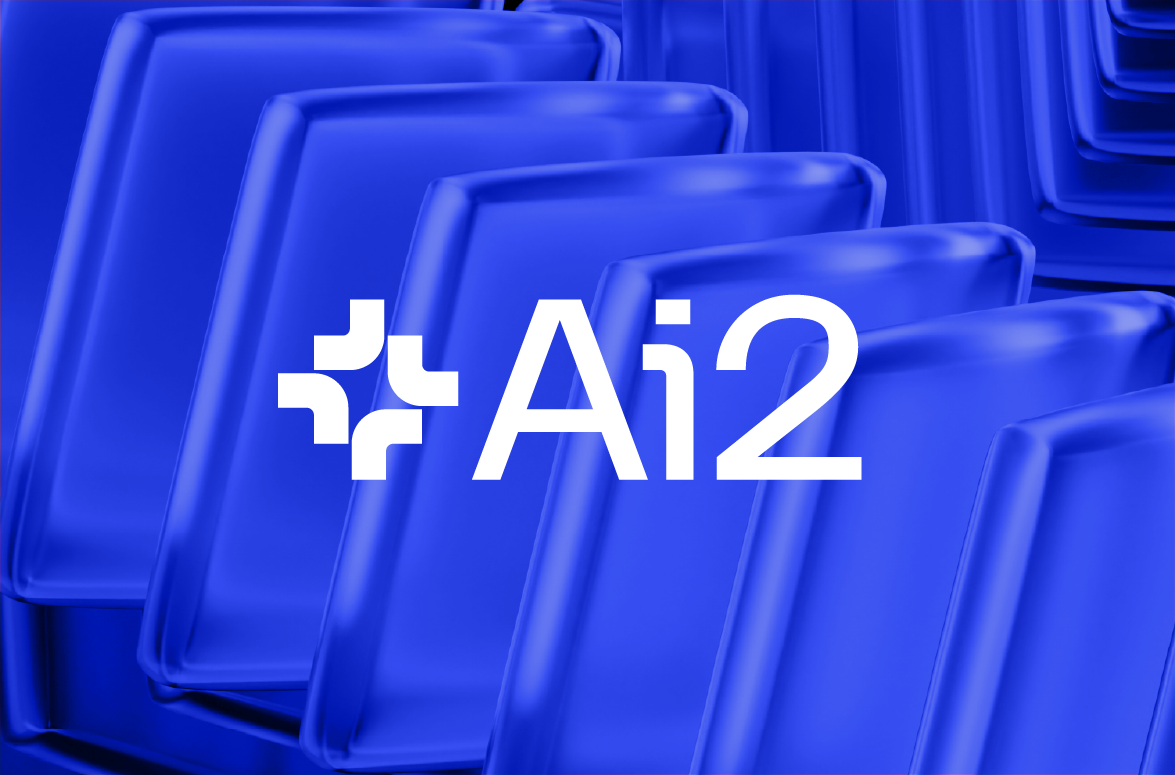What domain experts really want from contributing to AI systems

The quality of human feedback in AI development can be the difference between a slightly better model and a true breakthrough. While large language models might learn from oceans of internet data, specialized use cases often call for something more refined: real domain expertise that guarantees AI systems reflect genuine professional knowledge rather than simplified approximations.
We recently surveyed more than 100 Domain Experts to understand their perspectives on contributing to AI development. Their responses provide insights to help improve model performance in specialized areas where generic data falls short and where the stakes of accuracy – whether in healthcare diagnostics, financial analysis, or legal reasoning – couldn't be higher.
The motivations of domain experts
Why do highly skilled professionals take time out of demanding schedules to contribute to AI development? For many, it goes beyond the task and focuses on shaping the future of their field.
Most experts we spoke to cited a combination of professional interest and a desire to influence how AI evolves within their discipline:
"Doing these studies lets me contribute directly to making AI systems smarter. I enjoy knowing that I'm part of improving technology and ensuring it’s used responsibly."
“As someone experienced in detailed AI tasks, I see this as an opportunity to apply my professional knowledge beyond my regular job. I feel like I’m genuinely impacting how AI develops.”
When personal and professional motivations align, people tend to be more engaged and contribute with greater care – exactly the kind of quality signal that helps models perform better.
Technical contributions that go beyond basic annotation
Accurate annotations are important, but the real value comes when experts apply their judgement to complex or ambiguous cases. Their insight helps AI systems navigate the kind of detail that generic data often misses.
Experts we spoke with identified specific technical contributions they make to AI systems:
"I've learned to catch subtle errors, particularly around technical terminology, that could easily cause misunderstandings if left unchecked."
"When assessing AI outputs, I often notice solutions that technically work but aren't optimal, particularly when they would introduce issues in real-world scenarios."
These domain-specific insights directly impact:
- Error reduction in specialized terminology and concepts
- Identification of edge cases that general datasets miss
- More nuanced evaluation metrics aligned with professional standards
The verification difference
Credibility matters for expert contributors. Many of those we surveyed highlighted the importance of working with a platform like Prolific, we take their qualifications seriously while holding others to the same standard.
Experts consistently mentioned appreciation for our structured verification approach:
"I appreciate how thorough the qualification process was – it wasn’t just a superficial check, but properly assessed if I actually knew what I was talking about."
"The skills assessments were detailed but efficient. Knowing that my expertise is being taken seriously reassures me that the data I'm contributing to is genuinely valuable."
The process – which combines skills testing, credential checks, and experience validation – creates a feedback loop that strengthens both data quality and expert retention.
Learning through contribution
Contributing to model development isn't a one-way exchange. Many experts told us that evaluating AI outputs gave them a fresh perspective on their own work, whether it was revealing gaps, improving communication, or even influencing research methods.
An unexpected finding was how participation changes experts' own understanding:
"Reviewing AI outputs has made me realise the importance of precise communication in my own technical work. I've become more aware of areas I previously overlooked."
"I've gained new insights about how AI understands and processes information in my field. Participating has actually improved my own approach to research and analysis.”
As experts reflect on their own methods and thinking, they become even more effective at identifying where models fall short, and how to improve them.
Technical value for developers
Expert feedback plays a direct and measurable role in improving AI systems. It integrates into model development workflows through several technical pathways:
- RLHF pipelines: Domain expert feedback provides the high-quality reward signals needed for effective reinforcement learning from human feedback, particularly for aligning responses in specialized domains
- Evaluation frameworks: Our platform integrates with common evaluation tools like EleutherAI's harness and Hugging Face's HELM, allowing for standardized comparison of model improvements
- Fine-tuning datasets: Expert-generated corrections and preferences create structured datasets for targeted fine-tuning, significantly improving performance on domain-specific benchmarks compared to generic data.
For example, when implementing domain expert feedback for medical NLP models, teams typically follow a three-phase process:
- Baseline evaluation using expert-designed test cases that reflect real clinical scenarios
- Guided fine-tuning with expert-generated examples focusing on terminological precision
- Alignment tuning through ranking or preference data to shape model outputs toward professional standards
Building a knowledge infrastructure
As AI applications push into increasingly specialized domains, the quality of human feedback becomes a limiting factor in model performance. Domain experts represent a fundamental infrastructure component, one that can't be synthesized or automated.
What we're building is essentially a knowledge transfer mechanism between human expertise and computational systems. The technical challenge isn't just in the algorithms, but in creating the right interfaces for that knowledge to flow effectively.
Enhance your models with domain expertise
At Prolific, we've created systems to easily access domain expertise, making specialized knowledge a scalable resource for AI development rather than a bottleneck.
Interested in incorporating domain expertise into your model development pipeline? Here's how to get started:
- Schedule a consultation: Book a 30-minute session with our AI data specialists to discuss your specific domain requirements
- Explore our expert network: Browse our directory of verified experts across including medicine, law, and technical fields
- Request a pilot project: Start with a small-scale evaluation to see the impact of expert feedback on your existing models
Learn more about Domain Experts with Prolific or contact our sales team.








